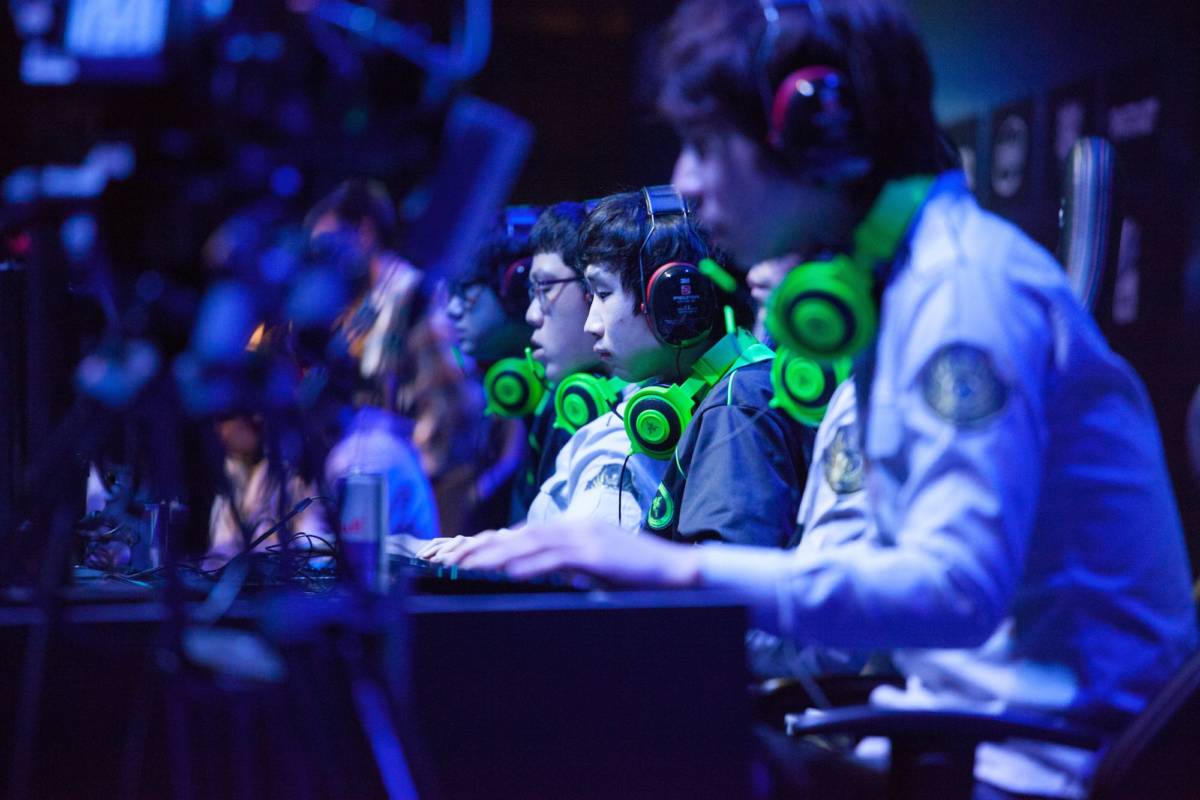A recent report claims that seven percent of UK adults have previously watched eSports and slightly less than two thirds of those people would consider watching it again.
The promising study comes from YouGov, who collected data from 2087 UK participants, as well as similar information from Germany, Australia, China, Singapore and the US.
The UK data means that slightly less than 2m UK adults (roughly 1.92m) may be willing to watch eSports. For me, this is an incredible figure that highlights how competitive gaming has developed a strong presence in only a few years.
At first glance, these numbers may seem low for a country of more than 65m, especially when viewed comparatively with the appeal of physical sports. They are, however, two very different things and it would be unfair to compare them without considering the wider context.
For one, competitive gaming has only been around for slightly longer than two decades, and for most of this time it has only existed in a minor niche. An active niche filled with passionate gamers, but not one that gathered much attention outside of a handful of titles such as Quake.
It is only when games included online functionality that a much larger audience could be easily tapped. Suddenly people around the world could effortlessly play with each other. Fans could watch videos of their favourite gamers, join guilds and find likeminded people in forums.
Equally, the internet made it easier to arrange and find competitions through websites and social media. I was largely unaware of this slowly growing culture until 2004 when I discovered that a small number of players belonged to pro gaming guilds in Warcraft 3. Only two of these guilds that I knew had sponsorships, but all of them seemed to get a kick from perfecting their techniques.
I was interested in how people who were playing the same games as myself were polishing their ability to the point where they could juggle multiple tasks in a split second.
Soon after, I stumbled upon websites dedicated to storing replays. It was at this point that I began to understand that a small subset of gamers were hugely passionate about this community, but I wasn’t convinced that it would ever take off.
eSports felt like a novelty that only existed for a few select gamers with way too much time on their hands and unreal aspirations of making their hobby a money-making activity. Yet, this perspective came from someone who knew the industry well so I am not surprised that more than a decade later the general public are still not inclined to watch videogame matches.
However, I am not suggesting that eSports will remain a small thing, but that it will take time for potential consumers to come around to the idea of watching others play. And perhaps that’s the thing: if most people are not playing these games, why would they want to watch someone else play?
Sports have existed for hundreds of years, enabling it to build up an established culture. Secondly, the point of entry is lower. To play football, you only need a ball and the game has not changed much since its inception. The same thing can not be said about most games.
Even long-established series can see large changes between iterations and this could alienate potential eSports fans because the rules or mechanics from the version with which they are familiar may no longer be present or has been changed.
Once we reach the point where there are substantial amount of games that stay the same for long periods of time, I imagine we will we begin to see more fans become attracted to eSports, especially if more games can develop things like annual seasons.
Similarly, stigmas such as ‘why would anyone watch someone else play a game when they can play it themselves’ or ‘it’s a big geeky’ will continue to exist until, I imagine, eSports has been around for a few decades.
As the inclusion of competitive gaming becomes a more integral part of certain games, as well as things such as Twitch, the potential audience for eSports is only like to increase in the coming years, penetrating new audiences and becoming more accepted by wider society. There have even been rumblings that eSports could have a presence at the 2024 Olympics. Something that could have a huge impact on the sport, legitimising it for many who previously considered it a novelty.
It is for these reasons that when I see competitive gaming has reached the point where it has been watched by 3.2m people in the UK, I feel validated in saying that it has come a long way over a very short period of time.
Much like videogames themselves, eSports is not a novelty that will go away and it is likely we will continue to see it grow over the coming years.
Some of the coverage you find on Cultured Vultures contains affiliate links, which provide us with small commissions based on purchases made from visiting our site.

